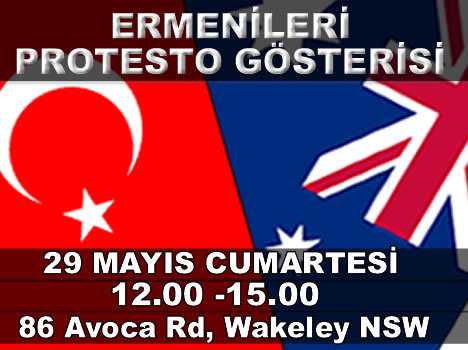ECHR RULING
GREEK CYPRIOTS LIVING SECOND SHOCK IN PROPERTY CASES AT ECHR
The Greek Cypriot Administration is living its second shock following a new ruling concerning property in Cyprus . Following the ruling in April which recognised the North Cyprus based Immovable Property Commission as being able to provide a domestic legal remedy to Greek Cypriots, a second ruling made yesterday has also gone against the Greek Cypriots concerning the use of property in Northern Cyprus which previously belonged to Greek Cypriots. Let’s view our report….
The European Court of Human Rights had made a ruling in April which recognised the North Cyprus based Immovable Property Commission as being able to provide an effective domestic legal remedy to Greek Cypriot applicants, even though it recognised the body as being a subordinate authority of Turkey. The same ruling had also ruled that cases can be resolved through compensation, exchange and restitution – and another striking feature of the ruling was that the human right of the current property possessor also had to be respected.
Following this ruling, two more Greek Cypriot brought cases against Turkey concerning property in the TRNC was dealt with and a ruling was made by the ECHR yesterday. The two cases of “Asproftas and Petrakidu” were brought under Article 8 of the Convention for the Protection of Human Rights and Fundamental Freedoms, which says:
“CONVENTION FOR THE PROTECTION OF HUMAN RIGHTS AND FUNDAMENTAL FREEDOMS, ARTICLE 8:
1. Everyone has the right to respect for his private and family life, his home
and his correspondence.
2 There shall be no interference by a public authority with the exercise of
this right except such as is in accordance with the law and is necessary
in a democratic society in the interests of national security, public safety
or the economic well-being of the country…
The two cases alleged that Turkey had violated this Article, particularly the part of the Article referring to “his home.” However the case had actually been brought by the next of kin (children) of the original, previous owner.
The question which the court sought to answer was whether the “next of kin” or children could benefit from this Article. In the two cases, it was alleged that the applicants had lived in the properties until 11-12 years of age, and so it was argued that the term “family home” covered them. However the ECHR ruled that the Article was not applicable, and the ruling means that the respecting family life, his home and correspondence has not passed to the new generation of Greek Cypriots, whose families may have possessed property in North Cyprus prior to the Turkish peace intervention in 1974.
The ruling of the ECHR did not stop there. According to Greek Cypriot press reports, the ruling has also stated that when such applications were being made, “there was a need to have a manifest concrete relation to the property with no weaknesses”. The court ruled that this was not the case in these cases. It also said that “they should not have realistic expectations” of seeking to reinstate legal rights on a property following the long passing of time.
The ECHR ruling has once again gone against the Greek Cypriot point of view that “Property Rights belong to the original owner”.
Source: ATCA, London





